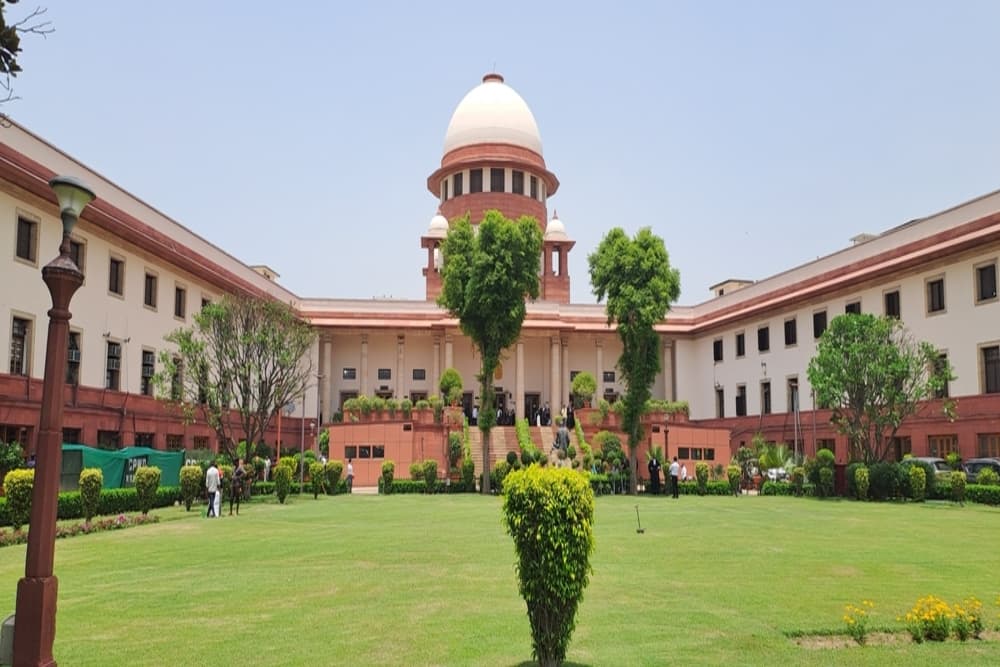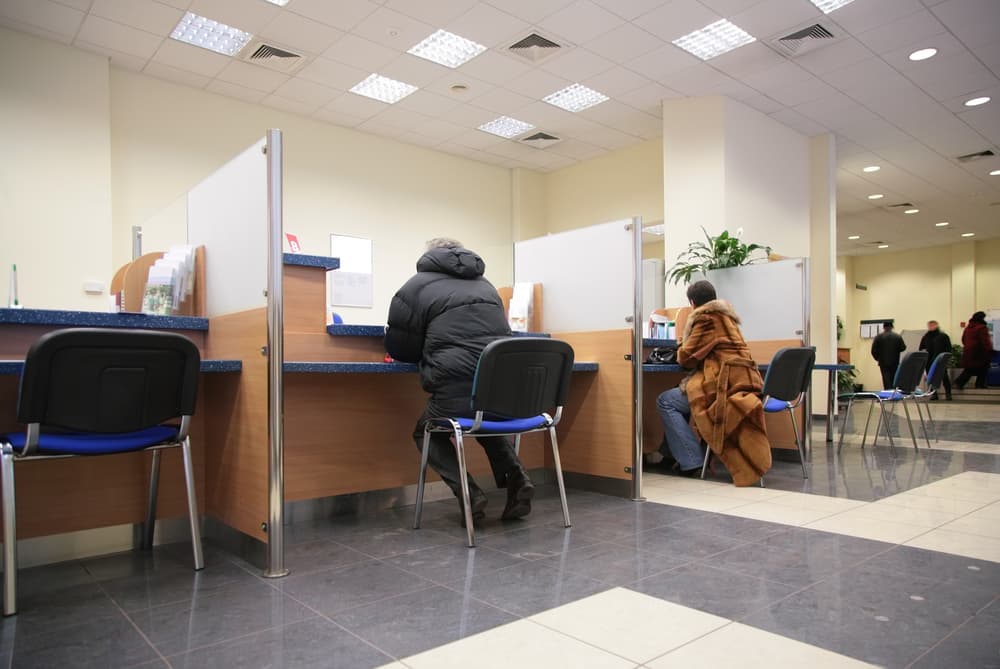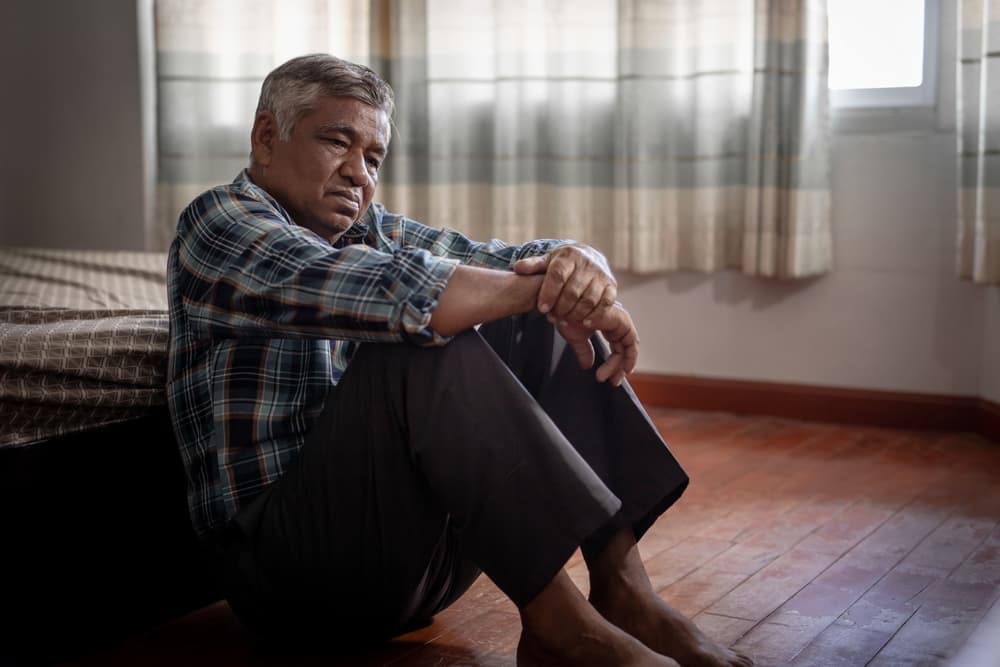Chief Justice of India (CJI) D Y Chandrachud on Monday said the release of a report of the “Supreme Court Committee on Accessibility”, which was formed to conduct an audit of the physical and functional access to the apex court premises, was focused on understanding and addressing the unique challenges faced by women, particularly during pregnancy, and senior citizens which lead them to provide specialized facilities for women.
In December last year, the committee headed by apex court judge S Ravindra Bhat was given a broad mandate to prepare and release a questionnaire for persons with disabilities (PwD), including the apex court employees, advocates, litigants, and interns who visit the top court premises, to assess the nature and extent of the problems they face.
Releasing the report, the CJI said the committee’s purpose was to make the Supreme Court accessible to all.
“This is a historic occasion in the annals of the Supreme Court,” Justice Chandrachud said.
“The committee also focused on understanding and addressing the unique challenges encountered by women, particularly during pregnancy, and senior citizens, recognizing that a significant number of advocates are senior citizens,” he said.
The CJI said specialized sub-committees were formed which focused on several accessibility aspects regarding the differently-abled and elderly, including special court procedures for HIV-positive people.
“The study was enriched with independent inputs, especially from women, ensuring a thorough examination of the court’s infrastructure and operations. Views of the employees with disabilities were also taken,” he said.
The committee assessed the apex court’s infrastructure, including courtrooms, registrar’s courts, administrative offices, drinking water facilities, washrooms, common facilities, canteens and libraries, Justice Chandrachud said.
It adopted a multi-faceted approach, incorporated a variety of research techniques, and undertook a “meticulous accessibility study” of the apex court, besides “rigorously assessing” functional disability, particularly regarding the specially-abled, he added.
The CJI cited several recommendations of the committee for improving the functional accessibility for specially-abled people, including establishing route maps and signages, special pathways, designated parking areas, enhanced accessibility to common utility areas, introducing special facilities, such as battery-operated vehicles, etc., providing accessible tools and conducting sensitization sessions.
Besides reserving courtroom seats for the specially-abled, women and senior citizens, the committee also recommended ensuring dedicated service windows, web pages, and individual assistance for the differently-abled and elderly, the CJI said.
Other recommendations were “specialized facilities”, such as lactation and changing rooms, enhancement of features for HIV-positive individuals along with the “implementation of an equal opportunity policy”, installation of kiosks or QR navigation technology, and enhancement of safety and evacuation procedures, he added.
“I do hope that apart from the work that we will do to implement this, it will act as a model for the high courts and other establishments (including the district courts),” Justice Chandrachud said.
Justice Bhat said the members of the committee had reached out to the widest section of the society to remove the barriers to access.
In a bid to remove the barriers to access, the CJI formed the committee headed by Justice Bhat last year to conduct an audit of the “physical and functional access” to the top court premises.
According to a notice uploaded earlier on the apex court’s website, the committee was tasked with preparing a report on the accessibility audit, the result of the survey of PwD, and recommendations or proposals geared towards removing the barriers to access.
“The Chief Justice of India has been pleased to constitute a committee, namely the ‘Supreme Court Committee on Accessibility’, to conduct an accessibility audit of physical as well as functional access to the Supreme Court chaired by Justice S Ravindra Bhat, Judge, Supreme Court of India,” the notice issued on December 19 last year had said.
It had said the other members of the committee included Sanjay Jain, professor of the National Law School of India University, Bengaluru, Shakti Mishra, a librarian nominated by the apex court, V Sridhar Reddy, an advocate nominated by the Supreme Court Bar Association, and Nilesh Singit, an independent accessibility expert nominated by the Centre for Disability Studies (NALSAR University of Law).
Additional Registrar of the Supreme Court Ajay Agrawal was a member (secretary) of the committee.




